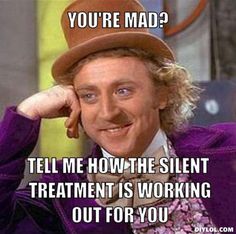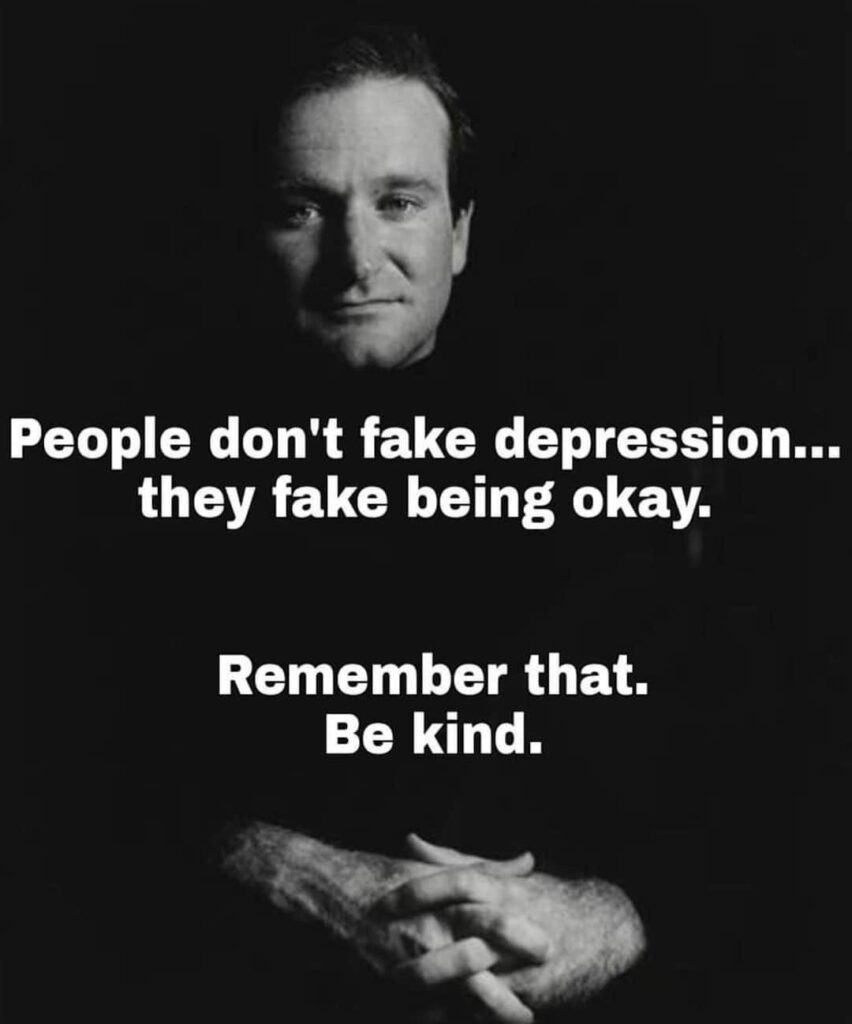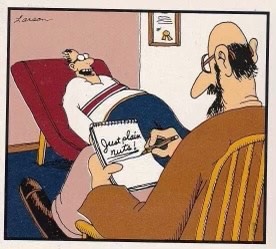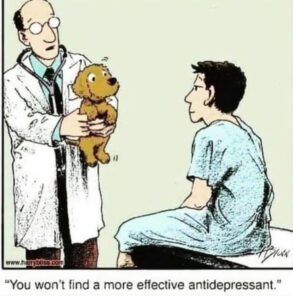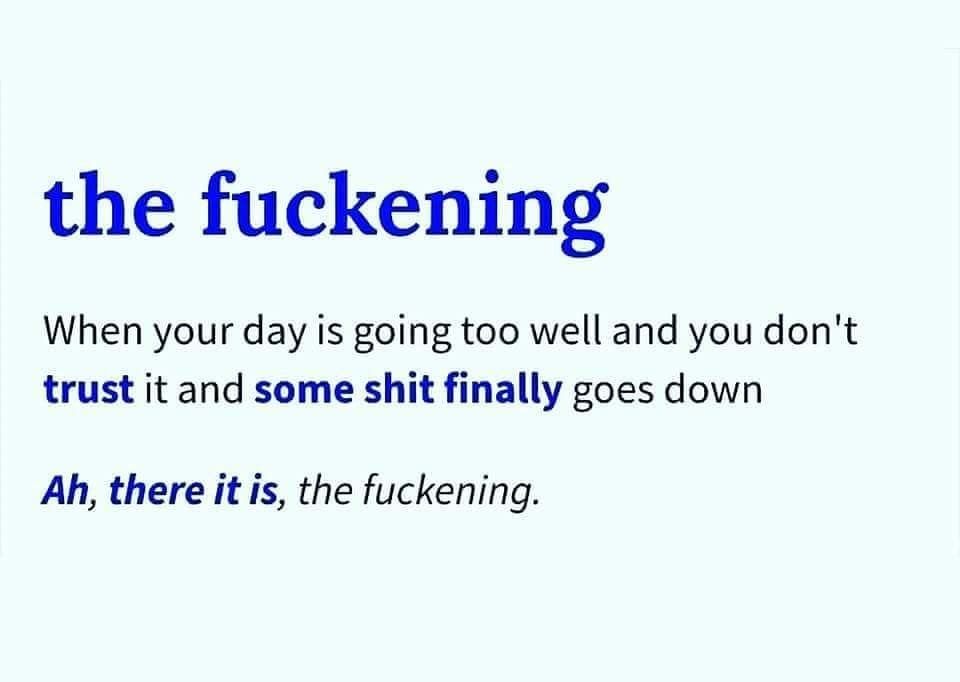I did a search on the term High-Functioning Depression. A word of caution to anyone in who might fall under this category, when doing this search be prepared to get angry or feel invalidated. I came across one such article on a therapy site and written by a PhD. She proceeded to call out High-Functioning Depression as a milder form of depression, or not severe enough to be diagnosed as depression. WTF?!!! Not severe enough? Calling High-Functioning Depression milder or not severe is like saying a type of cancer that doesn’t produce visible symptoms is not a real cancer.
Here is the major issue with High-Functioning Depression as I see it. This type of depression is so well hidden from detection it is dismissed as not serious. But just because you can’t see something doesn’t make it any less serious. I think of the common responses to someone defined as high-functioning; “I would have never guessed”, “he (or she) seemed so normal” or “he can’t be depressed, he’s always so positive and humorous around others. Sadly I am certain that similar phrases have also been uttered following someone jumping off a building. To me this is the biggest danger of such a hidden condition. For some people I fear that help comes too late.
High-Functioning Depression is being the worlds greatest con artist. It is like living with a stealth personality. This skillful liar within becomes the outer persona that everyone sees and appears to be so well grounded. This ability to deceive others can easily convince everyone that you are the last person who they’d expect to experience depression. Over a lifetime of deceiving others, the person with this condition can even convince himself of those same lies. This is fine, I am fine.
I personally believe that High-Functioning Depression can be a more dangerous form of depressive disorders since it remains so hidden. It can be near impossible to spot someone in crisis if there are no visible or recognizable symptoms. So what is the answer to solve for this? I wish I knew. Perhaps society continuing to tear down the stigma of mental health is a step toward empowering those with all forms of depression to come forward and seek help.
I was lucky, I sought out therapy for a problem area of procrastination that was becoming worse. In the process I unlocked one door that exposed my depressive condition. But that early process was a slippery slope because while slowly chipping away one wall I feel like I almost lost my own grip on self preservation. Some of my most severe depressive episodes occurred while I was in my first year of therapy. And the internal liar was masterful at keeping that hidden.

